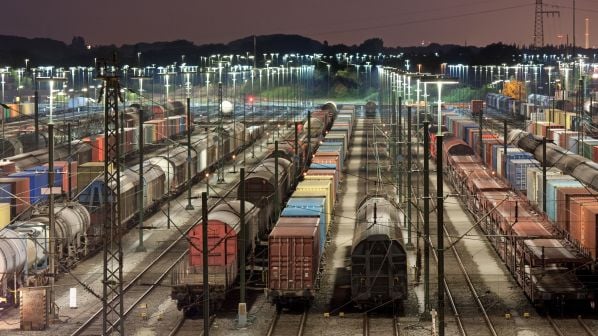THE European Rail Freight Association (ERFA) has called for more countries to reduce track access charges in order to grow the rail freight sector and support private and independent operators in a fair and transparent way.
A study released by the European Commission (EC) last month found that rail traffic increased annually by 2.5% for passengers and by 4.1% for freight between 2015-18. Rail freight’s modal share of land transport dropped slightly from 18.8% to 18.7% while passenger’s share increased slightly from 7.6% to 7.8%.
Competitors of national freight rail incumbents held a 42% market share in 2018, up 8% from 2015.
The report does not include the results since the start of the Covid-19 pandemic, which resulted in a 12% fall in revenue in 2020 for the EU’s rail freight sector.
The EC approved measures allowing member states to waive and relax track access and reservation charges as well as ease mark-up regulations applied for using European railway networks in September 2020. The EC has since extended the option to waive and reduce track access charges until June 31 2021 and could extend the provision until April 14 2022.
ERFA says this remains the best way to assist the sector in a fair, transparent and non-discriminatory manner.
While countries including Austria, France, Germany, Luxembourg and the Netherlands have waived or reduced track access charges, ERFA called for the momentum to continue.
“Many countries have not taken any measures to date and it is important member states who have not acted so far do so,” the association says. “There are unfortunately also some bad examples of supporting rail freight such as the recent announcement of proposed increase in track access charges in Poland from next year.”
While ERFA acknowledges that rail freight has not been the hardest hit sector in the transport industry, the association says the pandemic must be used as an opportunity to build back better and incentivise growth.
“We strongly welcome the measures that have been taken to date to support the rail freight industry through the waiving of track access charges,” says ERFA president, Dirk Stahl. “We now must not lose sight of the long-term objective of supporting and building back from the Covid pandemic with a competitive rail freight industry which can meet the objectives set out in the European Commission’s Sustainable and Smart Mobility Strategy.”

